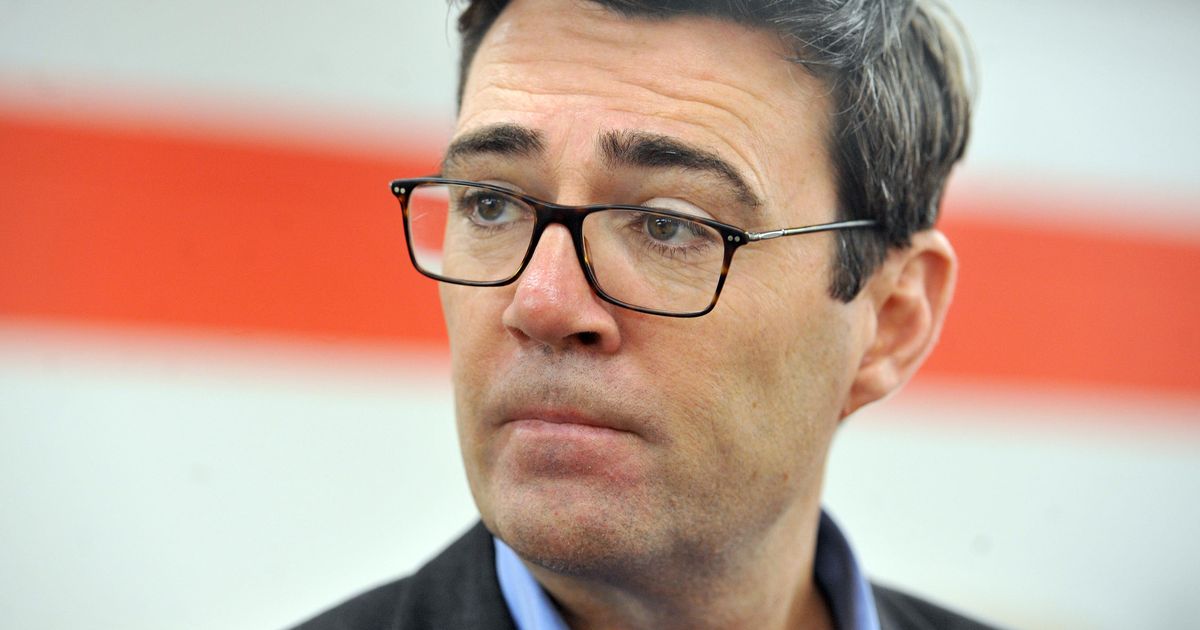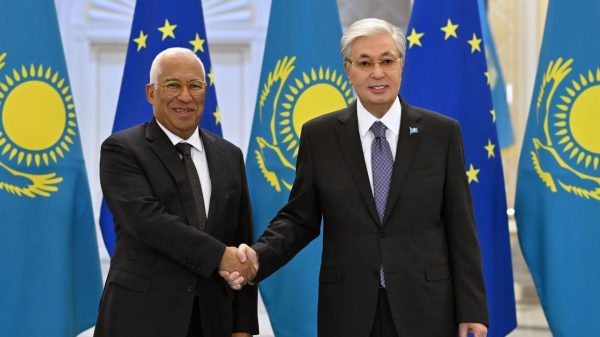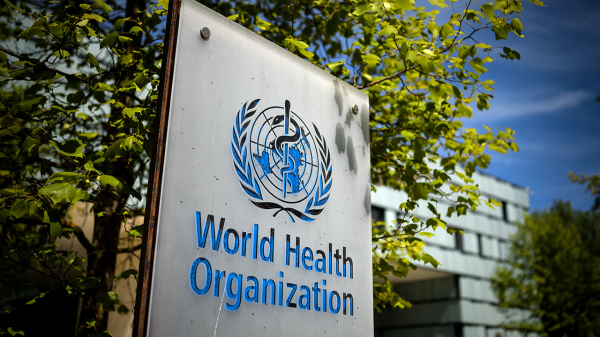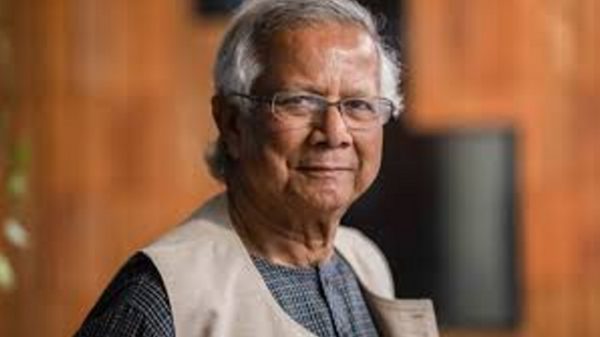From 3 to 6 November 2025, the Fiera di Roma (Italy) hosted SIGMA Central Europe, one of the leading international events dedicated to the gaming industry, with a focus on innovation, regulation and sustainability. Among the key figures at the event was Geronimo Cardia, Supreme Court Attorney, Chartered Accountant, Statutory Auditor and head of Studio Cardia (winner of the 2019, 2024 and 2025 Le Fonti Awards as “Boutique of Excellence of the Year in the Gaming Sector”), former adjunct professor of International Tax Law at the G. D’Annunzio University of Chieti-Pescara and author of the book “Public Gaming in Italy: Reorganization, Territorial Issues and Institutional Short Circuits” published by Giappichelli.
During his opening speech, Cardia thanked the organizers and the institutions present, stating: “Rome is the ideal setting for this international event. I am certain that the Capital will offer the right welcome to exhibitors and visitors.” He then emphasized the value of the contribution made by speakers and participants, “who bring experiences of legality, user protection, the emergence of tax revenue and support for employment.” His address laid the groundwork for a broad and structured dialogue centered on balance and sustainability within the public gaming system, themes that lie at the heart of his latest book, “Public Gaming in Italy: Reorganization, Territorial Issues and Institutional Short Circuits”, published by Giappichelli with forewords by Hon. Sandra Savino, Sen. Massimo Garavaglia, Hon. Marco Osnato and Dr. Tommaso Miele. The work analyzes over 140 cases of territorial legislation and includes more than 70 urban planning charts that illustrate the concrete impact of local regulations on the public gaming system.
Cardia moderated three important panels that sparked debate on the major issues of reform, responsibility and sustainability in public gaming. On 4 November, on the Regulatory Briefing Stage, the panel “The Great Gaming Reform in Italy: Where Do We Stand?” was held, featuring Hon. Andrea de Bertoldi, Giuseppe Volpe, Francesco Gatti and Emilio Zamparelli. The discussion focused on the progress of the sector’s reform and on the importance of a comprehensive reorganization that ensures a balance between online and land-based gaming. Cardia stressed that “the reorganization of online gaming in Italy is giving a strong boost to an increasingly effective oversight of legality on the web, but in order not to lose control of the territories, a territorial reorganization is also needed, to be implemented through transitional measures and a rebalancing of the parameters between products and distribution channels.” He then added that “a balanced relationship between the regulatory parameters of products and distribution channels is the key to a regulatory framework that meets the goals of sustainability and protection of public interests as well as of the operators who guarantee them.”
On 6 November, Cardia took part in two additional panels on the People, Partners & Performance Stage. The first, titled “Beyond Restrictions: Technology and Science Against Problem Gambling”, addressed the role of innovation and scientific research in preventing and combating addiction, with contributions from Riccardo Vecchi Lari, Professor Massimo Di Giannantonio, Mara di Lecce and journalist Andrea Ruggieri. The discussion highlighted that today’s measures aimed at countering problem gambling, based on minimum distances and time restrictions, are partial and ineffective, ultimately penalizing the land-based channel and shifting demand toward other products that are often not subject to the same rules. Cardia noted that “this approach has ended up increasing total spending and encouraging illegal gambling, while technology can offer more effective and measurable solutions.” He cited, as examples, the AWPR and SAFE systems, technologies applied to gaming machines that ensure compliance with the ban on underage play, traceability and safety while fully respecting privacy.
The second panel on 6 November, “Balancing the Balance Sheet: ESG, Sustainability and the Social Reporting of Gaming”, featuring Andrea Manciulli, Valentina Gilberti, Franco Bompani and Daniele Raimondi, highlighted the importance of transparent reporting and the need to measure the social impact of public gaming. Cardia pointed out that “for national security, legality, user protection, tax revenue and employment levels, it is essential that the social impact of the sector be measured objectively, including through sustainability reports.” The discussion showed how many companies in the sector have begun ESG assessment processes based on environmental, social and governance criteria, in order to quantify their contribution in terms of legality, taxation, user protection and employment.




















